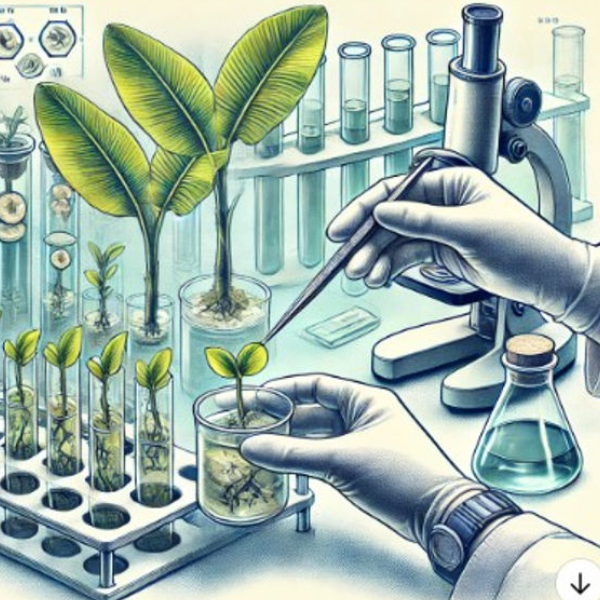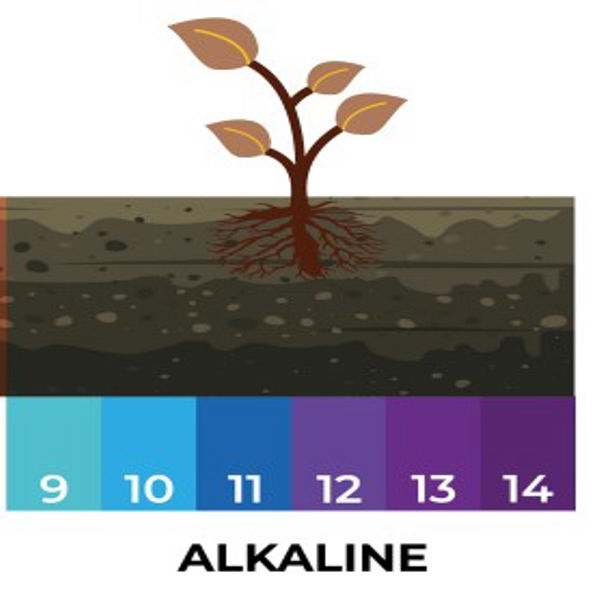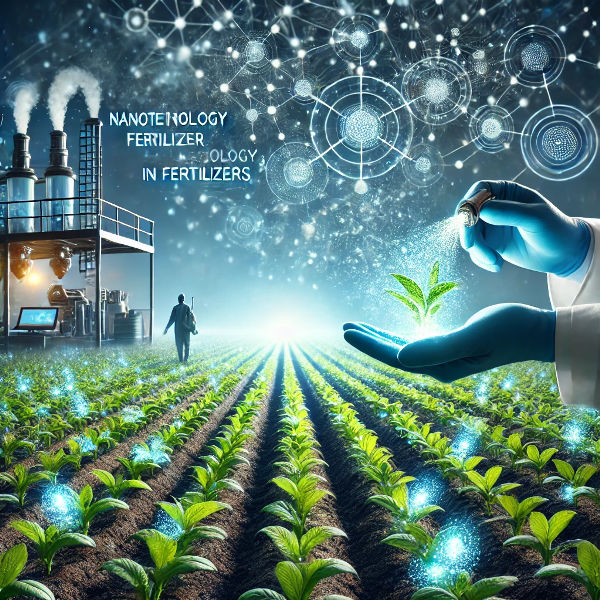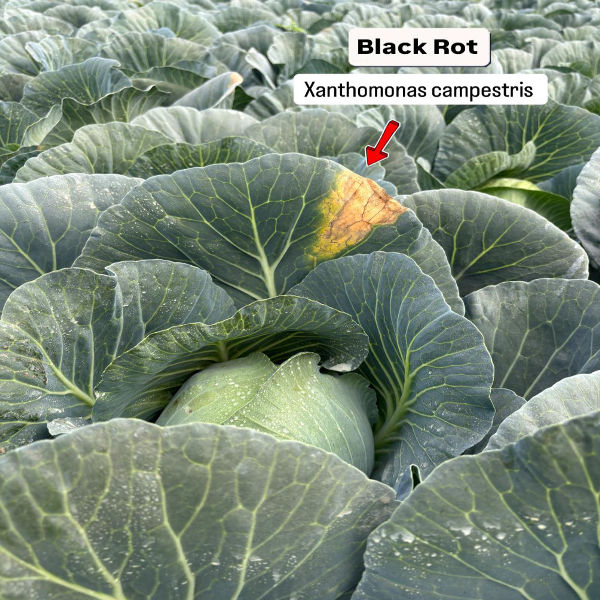
Tissue Culture Banana Plants: A Game-Changer in Farming
1. What is Tissue Culture Banana?
A modern technique to propagate banana plants under sterile lab conditions.
Produces disease-free, high-yielding plants.
2. Advantages of Tissue Culture Banana
✅ Disease-Free: Grown in a controlled environment, reducing infections.
✅ Uniform Growth: All plants have identical traits, ensuring even fruiting.
✅ Faster Growth & Yield: Plants mature quicker, giving higher returns.
✅ Year-Round Production: Can be grown anytime without seasonal restrictions.
✅ High-Quality Fruits: Better size, taste, and shelf life.
3. Process of Tissue Culture
Selection of Parent Plant – Healthy mother plants are chosen.
Micropropagation in Lab – Small tissue samples are cultured in a sterile medium.
Hardening Phase – Young plantlets are gradually exposed to natural conditions.
Field Plantation – Hardened plants are transplanted into farms for growth.
4. Popular Tissue Culture Banana Varieties
Grand Naine (G9): Most preferred for commercial cultivation.
Robusta: Known for its high resistance to diseases.
Williams: Produces premium-quality fruits.
5. Best Practices for High Yield
✔ Use well-drained, fertile soil with organic matter.
✔ Maintain proper irrigation and fertilization.
✔ Regularly monitor for pests and provide necessary plant support.
Keywords
farming 1
plant support
high yield
high resistance
gradually exposed
chosen micropropagation
size taste
grown anytime
modern technique
propagate banana plants
fertilization regularly monitor
welldrained fertile soil
commercial cultivation robusta
tissue culture selection
identical traits ensuring
tissue culture banana



